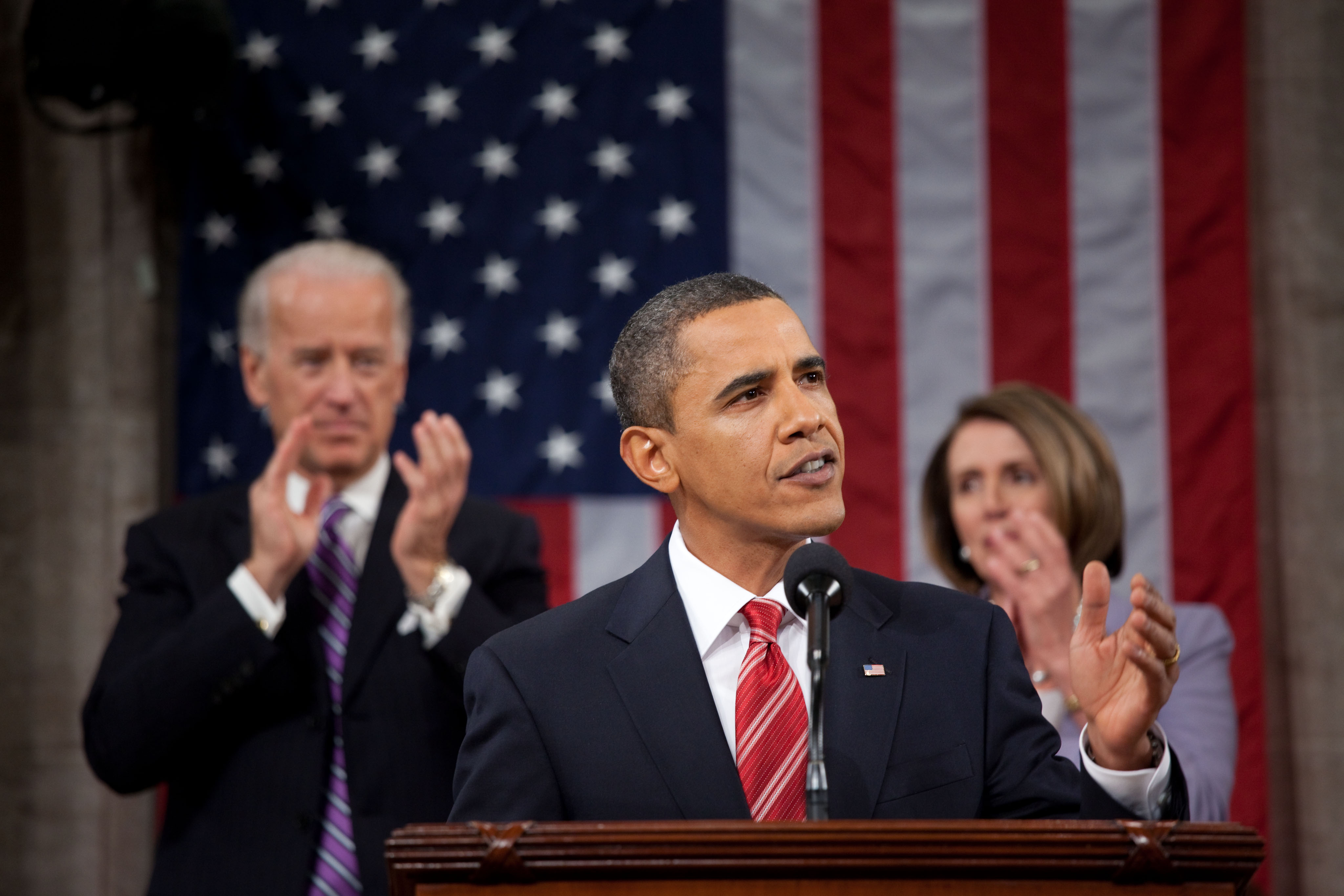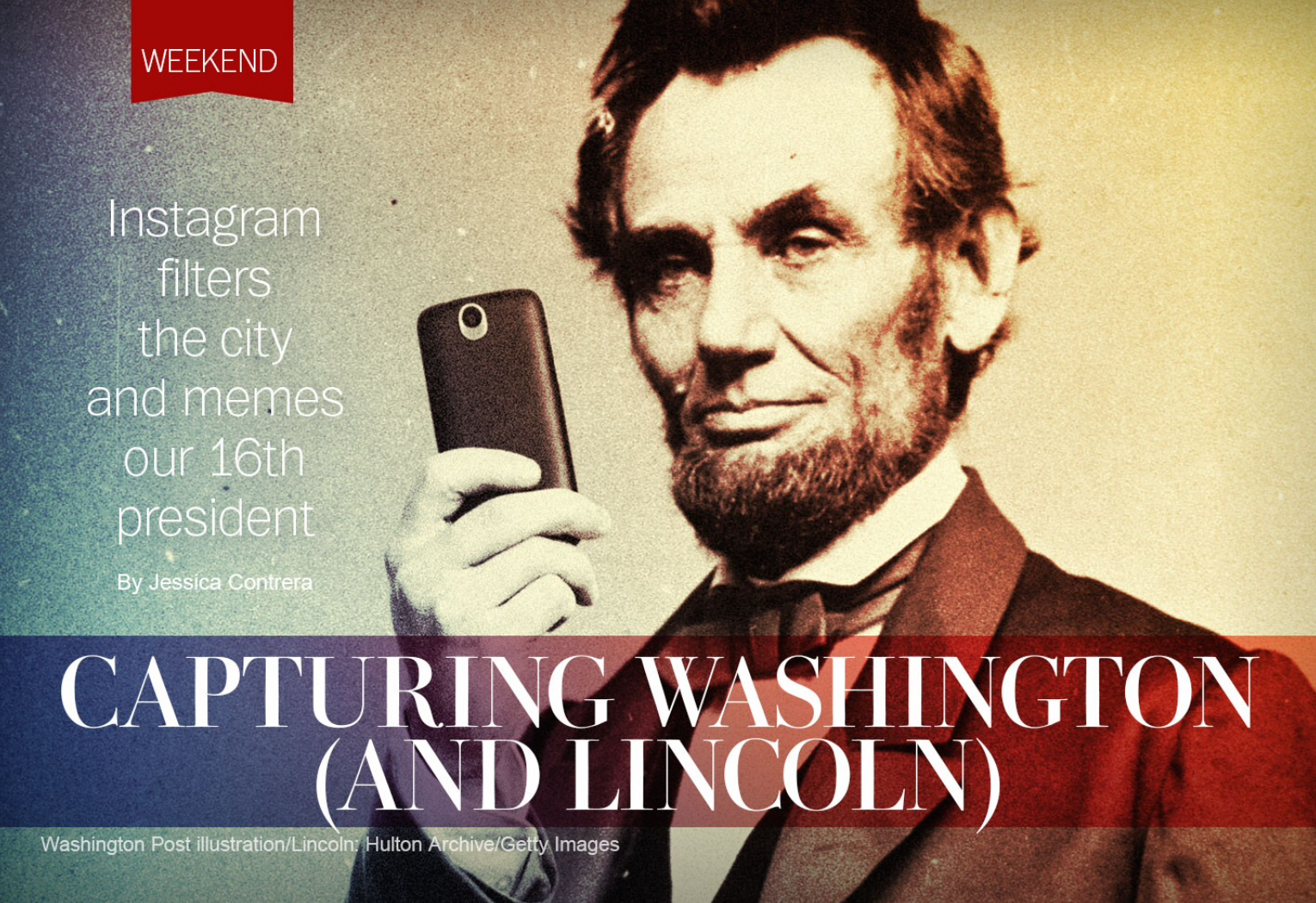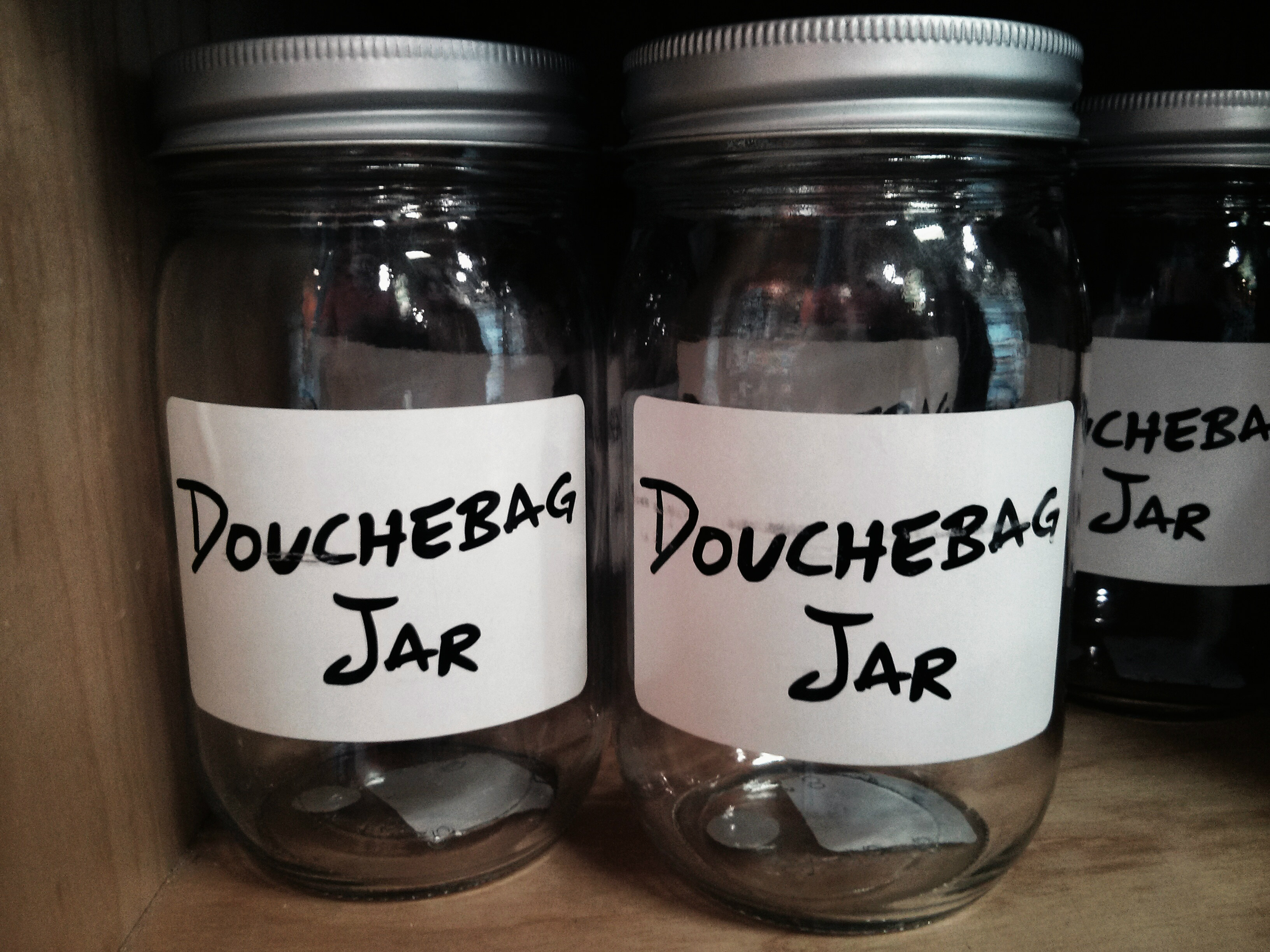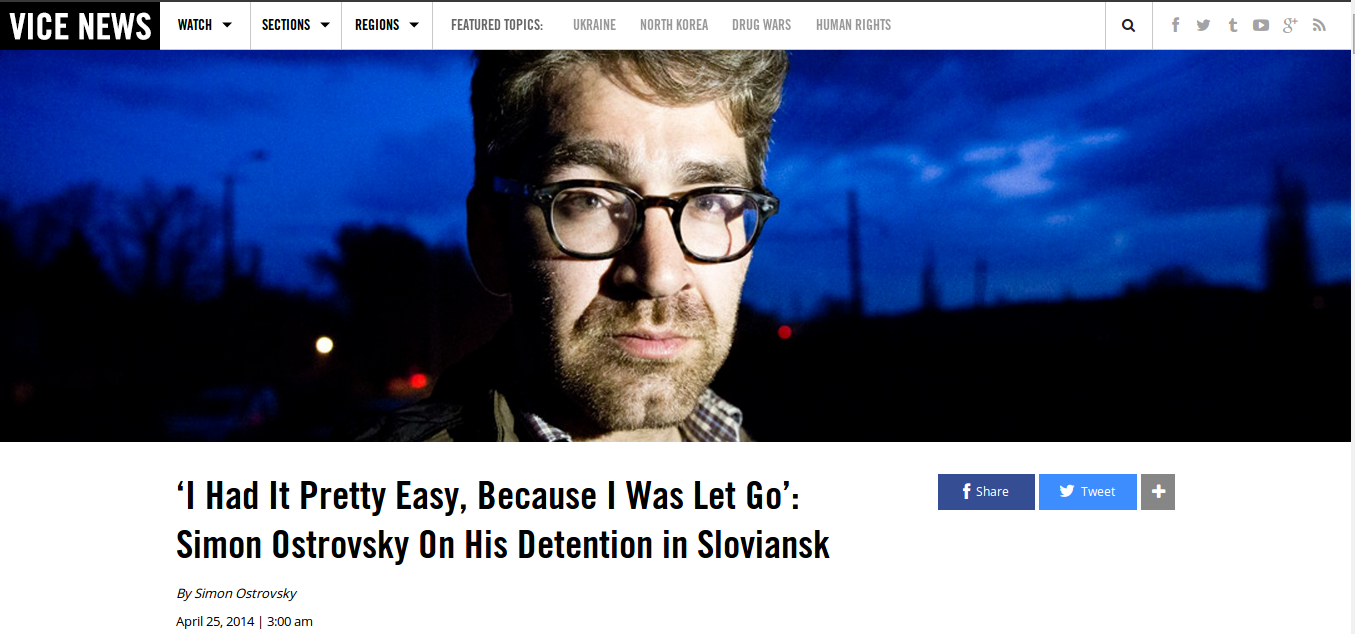Link love: What’s in a ‘scoop’? The White House has a strategy for that. In August I looked at how differently the Nixon and Obama White Houses dispatch leaks. Washington Post does better, in a […]


Link love: What’s in a ‘scoop’? The White House has a strategy for that. In August I looked at how differently the Nixon and Obama White Houses dispatch leaks. Washington Post does better, in a […]
Newspapers don’t tell the truth under many different, and occasionally innocent, scenarios. Mostly when they don’t know the truth. Or when they quote someone who does not know the truth. And more and more, when […]

Over on Google+ today, Chris Sewell posted as an image of a tweet from New York Times columnist Nick Bilton. Nine days ago I wrote about fear, not contagion, being the real threat Ebola poses. Nick’s point is scary itself. Happy Halloween to you, too.
For the supposedly freest country in the world, fear enslaves America, and the news media helps forge the chains. How stupid is that? In the past 12 hours, I have seen two people in my neighborhood wearing full-face masks—the fleshy colored material used to wrap up an injured knee. The masks covered from below chin to eyes. That’s the culture of fear.

On Oct. 17, 2014, I received my membership card to the Society of Professional Journalists, which had been on my “maybe join” list for years. What flipped me forward: The organization’s Code of Ethics, which official revision released September 6. I had observed, but not participated in, the process to produce the new guidelines, which, while overreaching, are worthwhile.
However, while the changes contributed to my decision to join SPJ—being a journalist who blogs rather than a blogger—my ethical priorities differ somewhat from the new Code. My book Responsible Reporting: Field Guide for Bloggers, Journalists, and Other Online News Gatherers is all about ethics and how the Internet changes them. The tome makes trust, rather than truth, the news gatherer’s top ethical tenet.

In September, my wife and I received emails offering a year’s digital subscription to the Washington Post—that’s web and mobile devices—for $29. I signed up without hesitation and am now a regular reader.
As an editor and journalist, I am fascinated watching how the Post presents stories in the iPad app and on the web. The photo of Abe, from a superb story on selfies in Washington, is attention grabbing. The one above is from the app, but the web version below has the more compelling headline, which would move me to click over the other.

I normally pan top-10 lists, but this one sings, eh, zings: “10 Top Tips For PRs Considering Whether To Phone The Register. Dek: “You’ll Read These And LOL Even Though They’re Serious”. Read `em and believe `em, if public relations is your fame and contacting Joe Wilcox is your game.
The Reg gives great guidance, and I needn’t really add to the list but will a tinsy-bit. I read and file most PR emails sent directly to me. I just likely won’t respond, or will forward the message to someone else on the team. So if you don’t hear from me, despair not.

Every news gatherer should read “Unseen Toll: Wages of Millions Seized to Pay Past Debts“, which is example of great news reporting. The sidebar is just as good.
Increasingly, news reporting is more than culling sources and chasing leads. ProPublica practices what sometimes is referred to as “data journalism”, and it is a cornerstone of the news organization’s investigative reporting. As I learned from working as an analyst for JupiterResearch a decade ago, collected data wants to tell a story. Hidden in spreadsheets is truth that only lies when someone deliberately misinterprets the meaning.

Seven years ago next month our family of three left the D.C. area for San Diego, to be close to my wife’s now 92 year-old dad. We miss Washington, and she still reads the Washington Post but complains about monthly story limits placed on non-subscribers. (The newspaper put up a paywall last year.)
About two weeks ago, we both received email from the Post, offering special all-digital access pricing: $29 for a year. That’s for smartphone, tablet, or the web for two accounts. According to the Post’s subscriber site, the regular web plus mobile subscription is $99 year, while Digital Premium, which adds “unlimited access to all tablet + mobile apps”, is $50 more. So, yeah, $29 is helluva deal, and I signed up—not knowing that is a $120 discount.

I must thank Todd Bishop, whose tweet about a GeekWire story alerted me to the then forthcoming .wtf domain extension, which is now available. Generally, I think these dot-com wannabes are just plain stupid, but someone wants them—or ICANN decision-makers believe so. I ignored every domain registrar solicitation to grab one until .wtf.
My first concern is brand protection. I’ve pissed off more than a few fanboys over the years and I worried about someone snagging joewilcox.wtf and using that as a platform against me. You should worry, too, if you have any kind of brand to protect. “What the fuck?” is right. If your name is your brand, grab .wtf before someone else does.

BGR used to give great scoops. Now, too often, it scoops up posts from other sites and poops them out. Can you say “aggregation”, dudes? Case in point is today’s post: “Beats acquisition called Apple’s ‘best idea since the iPad’“. The “best idea” belongs to Marcus Wholsen, writing for Wired.
So what? BGR blogger Zach Epstein has to recap Wired’s opinion piece about the rumored Apple-Beats merger rather than write his own? Not that there isn’t already too much punditry about an acquisition that hasn’t taken place and might never will.

No words can describe how much I like VICE News. The videos are immersive and in your face. The stories are punchy, and in your face. Whether text or film, the reporting style provokes. How often do you read “shit” in news copy, for example?
In story “Tea Partiers Are Now Harassing High School Kids on Cinco de Mayo” Alice Speri writes: “That predictably led to a bunch of local conservatives losing their shit, with some parents suing the school for First Amendment infringement”. I love it!

Overnight, I came out against my colleague’s story “New Mozilla CEO is allegedly anti-gay marriage—Firefox developers boycott” . Had I been editor on duty, the story wouldn’t have run, not because of the topic but the sourcing. However, response to the post—820 comments as I write—raises an interesting quandary about the cultural clash between old and new media.
Reader response is explosive, and comments are much more interesting reading than the story (no offense to buddy Brian Fagioli). Commenters largely fall into two opposing camps—those complaining about societal constraints on free speech and others disgusted by Mozilla’s CEO being allegedly anti-gay marriage. The polarized ends, and even some discussion between them, is fascinating snapshot about freedom, community, and human rights—one person’s personal versus those of the larger group.